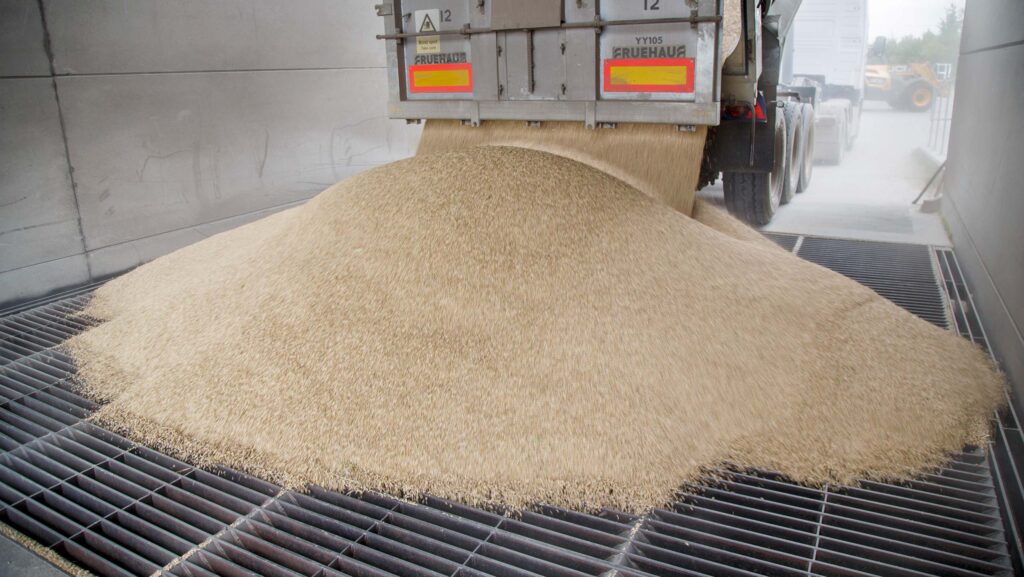UK wheat demand hit by limited access to EU biofuels market
 © GNP
© GNP Arable farmers supplying cereals to the biofuels sector could see curtailed demand as a result of trade limitations imposed by the EU.
In order to have continued access to the EU biofuels market, countries need to be compliant with the Renewable Energy Directive (RED), and part of that compliance involves having updated sustainability data, known as Nomenclature of Territorial Units for Statistics (Nuts II) data.
Updated standards for biofuels sold in the EU market could affect the sourcing of feedstocks, both in the UK and globally.
See also: EU proposes delay to deforestation regulations on feed
The UK, along with many other countries, is waiting for approval from the EU Commission, despite submitting its compliance data in May.
The numbers
- 133,000 Hectares of UK agricultural land used to grow crops for bioenergy in 2023
- 190 UK feed wheat futures close (£/tonne) open on 9 October for November contract
- 42.5% Overall binding EU renewable energy target by 2030
UK impact
Biofuel plants operated by Ensus and Vivergo account for a significant proportion of UK biofuel production.
Traders say if UK cereals were no longer used for biofuel, there would be a larger surplus of feed wheat that would weigh on domestic prices and extend the milling wheat premium.
NFU senior combinable crops policy adviser Luke Cox said the EU Commission had to ratify the sustainability data before it could be used by the biofuels industry to then supply the EU market.
He said: “The risk to growers is that we have two biofuel plants in the north of the UK and potentially, they are importing grain instead of using grain from this harvest, as they don’t want to risk buying grain that is not RED compliant.”
EU market access
To date, only Argentina, Australia and Canada have had their reports fully approved to be RED compliant, allowing them to supply the EU market, while the Czech Republic, Denmark, Germany and Lithuania have received technical acceptance.
AIC services technical manager Gill Barrow said the government had commissioned an organisation at the start of the year to recalculate the values. It then reviewed the data, and a report was submitted to the EU Commission in early May for recognition.
“We are still waiting on recognition of the recalculated [Nuts II] values. Even when we do get recognition, it will be a technical recognition that will then have to be written into legislation.
“There are a lot of other European countries in the mix which will all have submitted reports and are in the same position as we are here in the UK.”
Ms Barrow said businesses could still export, but would not be able to use existing values and would have to use the default values, which could make it less favourable for biofuel producers.
“It’s a waiting process. We were very much told initially it was on a first-come, first-served basis, but obviously you don’t know where you are within that order.”
Ms Barrow said she understood the Department for Transport had been chasing the issue on a regular basis and that a part-assessment of the report had supposedly been carried out.
However, she was unsure how soon it would be until the UK received full technical recognition.
Livestock feed ingredients are created as a by-product of the UK biofuel production process, and any disruption could also lead to supply constraints of key feed inputs in the north of England.
